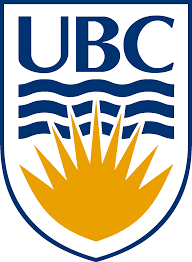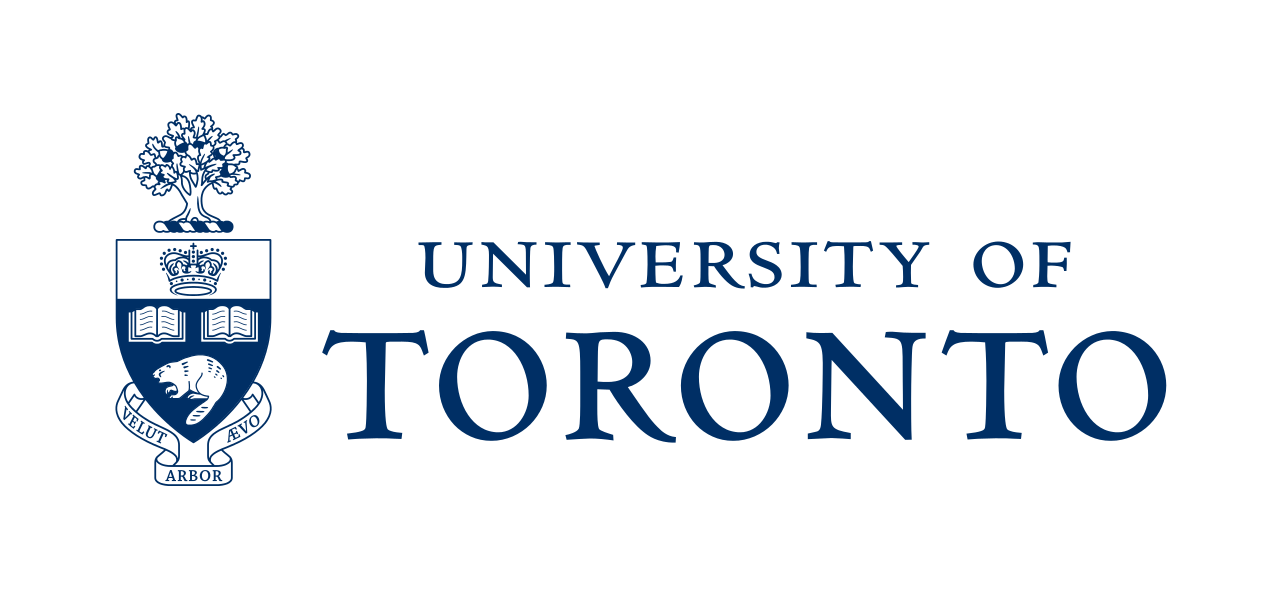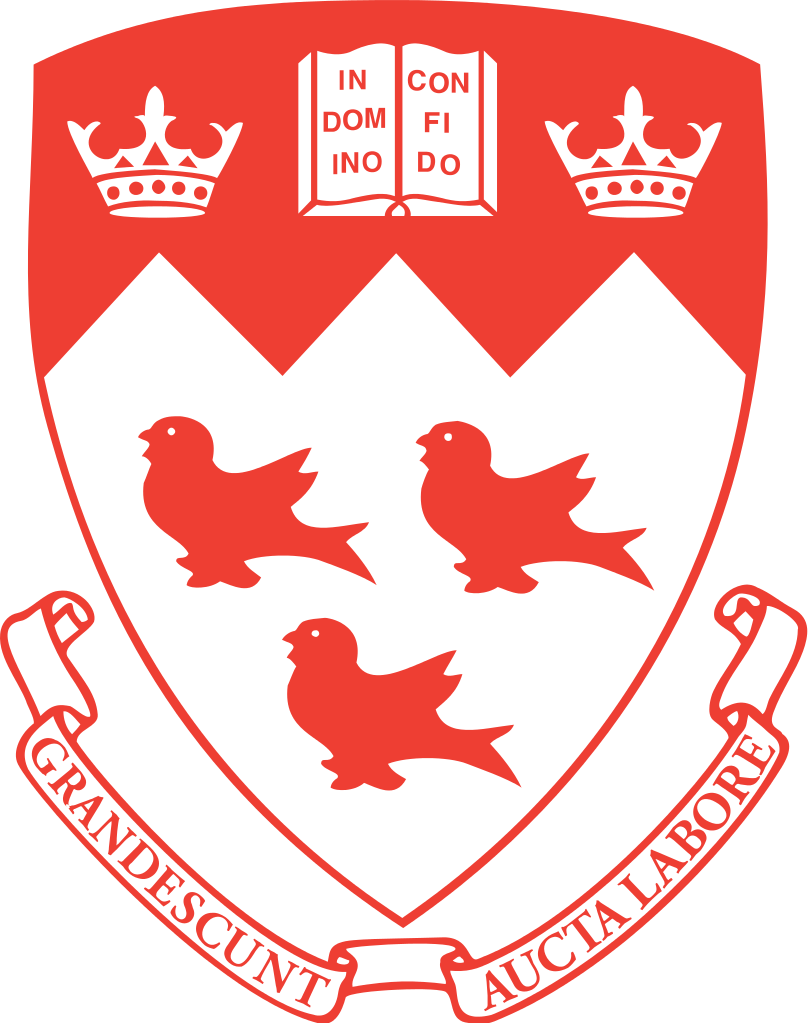Featured Speaker: Abhishek Gupta Bio Abhishek Gupta is the Founder and Principal Researcher at the Montreal AI Ethics Institute (https://montrealethics.ai ) and a Machine Learning Engineer at Microsoft where he serves on the CSE Responsible AI Board. He is representing Canada for the International Visitor Leaders Program (IVLP) administered by the US State Department as an expert on the future of work. He is the author of the forthcoming book titled Actionable AI Ethics (https://atg-abhishek.github.io/action...) that will be a practical and hands-on guide for operationalizing AI ethics. He additionally serves on the AI Advisory Board for Dawson College and is an Associate Member of the LF AI Foundation at the Linux Foundation. Abhishek is also a Global Shaper with the World Economic Forum and a member of the Banff Forum. He is a Faculty Associate at the Frankfurt Big Data Lab at the Goethe University, an AI Ethics Mentor for Acorn Aspirations and an AI Ethics Expert at Ethical Intelligence Co. He is the Responsible AI Lead for the Data Advisory Council at the Northwest Commission on Colleges and Universities. He is a guest lecturer at the McGill University School of Continuing Studies for the Data Science in Business Decisions course on the special topic of AI Ethics. He is a Subject Matter Expert in AI Ethics for the Certified Ethical Emerging Technologies group at CertNexus. He is also a course creator and instructor for the Coursera Certified Ethical Emerging Technologist courses. He's the Founding Editorial Board Member at the Springer Nature AI and Ethics Journal. His research focuses on applied technical and policy methods to address ethical, safety and inclusivity concerns in using AI in different domains. He has built the largest community driven, public consultation group on AI Ethics in the world that has made significant contributions to the Montreal Declaration for Responsible AI, the G7 AI Summit, AHRC and WEF Responsible Innovation framework, PIPEDA amendments for AI impacts, Scotland’s national AI strategy and the European Commission Trustworthy AI Guidelines. His work on public competence building in AI Ethics has been recognized by governments from North America, Europe, Asia, and Oceania. More information on his work can be found at https://atg-abhishek.github.io
Abstract Title: The Lab Notebook: Bringing Science Back to Data Science Abstract: All of us deal with data. A lot of us do data science. And yet only some of us get a chance to really infuse science into that data science work. Ever visit one of your old experiments and find that you want to pull out your hair because you are not sure how you arrived at some of the models that you ended up selecting, why you transformed your data the way you did, and other choices that now seem arbitrary but were perhaps perfectly reasonable then? While we invent a time machine that allows us to go back and inspect our previous (more brilliant?) selves, i have a simpler proposal: the humble lab notebook. Remember those ruled notebooks we carried around in physical labs at school diligently writing things down as we figured out how to build the best soda volcanoes? Turns out they can help us solve this problem of tracking our decisions as we arrive at different configurations that we run in our data science work so that we don’t need to curse at our past selves for making poor choices. Not only do they act as great supplements for existing AI lifecycle management tools, but they also help us share our learnings better with our colleagues (and future selves!). Come join me on this journey and let’s explore how the lab notebook can bring back science into data science. We’ll look at why you should have a lab notebook for all your data science work, how you should go about maintaining that lab notebook, and what you should and what you should NOT include in that lab notebook.







